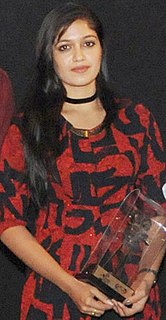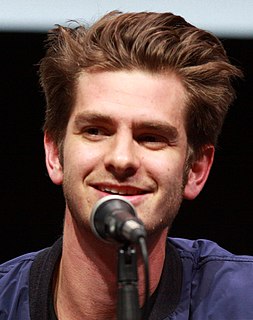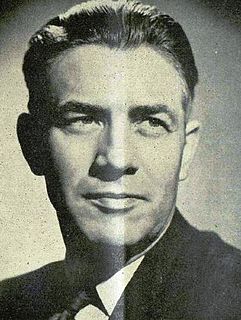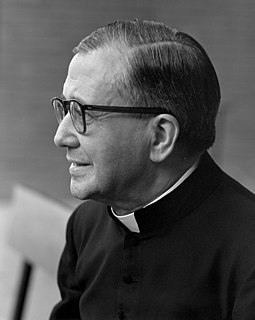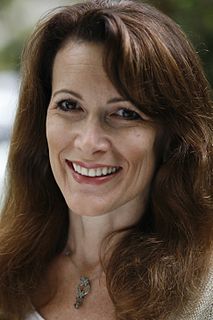A Quote by Meghana Raj
For me, Mother's Day means giving undivided attention to my mother. It's not about buying her luxurious stuff, it's about giving her my complete attention when she is talking, discussing something, and I think it's the best gift for her.
Related Quotes
Her mother was a Christian Scientist who didn't believe in calling doctors. So when my mother caught whooping cough as a baby, stopped breathing and turned blue, her mother revived her by spanking her on the bottom. She saw life itself as a gift and saw her own survival as precious and a matter of chance.
The idea of the book ["The Japanese Lover"] came in a conversation that I had with a friend walking in the streets of New York. We were talking about our mothers, and I was telling her how old my mother was, and she was telling me about her mother. Her mother was Jewish, and she said that she was in a retirement home and that she had had a friend for 40 years that was a Japanese gardener. This person had been very important in my friend's upbringing.
I mean, her father was an alcoholic, and her mother was the suffering wife of a man who she could never predict what he would do, where he would be, who he would be. And it's sort of interesting because Eleanor Roosevelt never writes about her mother's agony. She only writes about her father's agony. But her whole life is dedicated to making it better for people in the kind of need and pain and anguish that her mother was in.
One thing about my mother is that she has her taste: She knows what she likes and what looks good. It's not studied. There is no insecurity in what she is going to wear, and I think that translates into effortlessness. Her career has been a steady rise, and it hasn't been about the fashion of the moment. It's been because she has kept to her style. She didn't go grunge when it was grunge, or 70's when it was 70's. It's about being secure with what you like and not worrying about what's in fashion that particular day. That's what I admire about her.
I think her comments - Hillary's Clinton comments just don't get the same attention that Trump's do. For example, she lied to a Gold Star mother. She lied to pre - Patricia Smith, the mother of Sean Smith, who - who was killed at Benghazi, I believe, because of her incompetence, her incompetence in failing to secure that mission.
Parents and leaders should give early help to the blase girl who is often overpainted and underdressed. She is the picture of an unhappy girl whose physical adornments, to her thinking, don't invite adequate attention. Heaven help the girl who gets the kind of attention she is seeking by being overpainted and underdressed! She will rue the day, of course, when she gets the kind of attention her flagrant invitation is giving.
So your strength is failing you? Why don't you tell your mother about it? ... Mother! Call her with a loud voice. She is listening to you; she sees you in danger, perhaps, and she-your holy mother Mary-offers you, along with the grace of her son, the refuge of her arms, the tenderness of her embrace ... and you will find yourself with added strength for the new battle.
Her mother died at the age of 29, essentially turning her face to the wall and deciding to die. And so we can only imagine the agony she felt. And Eleanor Roosevelt really wanted to make her mother happier, and - and to make her live, you know, make her want to live. And there's something about, you know, when your mother dies, this sense of abandonment. I think Eleanor Roosevelt had a lifelong fear of abandonment and sense of abandonment after her parents' death.
Her [Eleanor Roosevelt] father was the love of her life. Her father always made her feel wanted, made her feel loved, where her mother made her feel, you know, unloved, judged harshly, never up to par. And she was her father's favorite, and her mother's unfavorite. So her father was the man that she went to for comfort in her imaginings.
a mother's death also means the loss of the consistent, supportive family system that once supplied her with a secure home base, she then has to develop her self-confidence and self-esteem through alternate means. Without a mother or mother-figure to guide her, a daughter also has to piece together a female self-image of her own.
